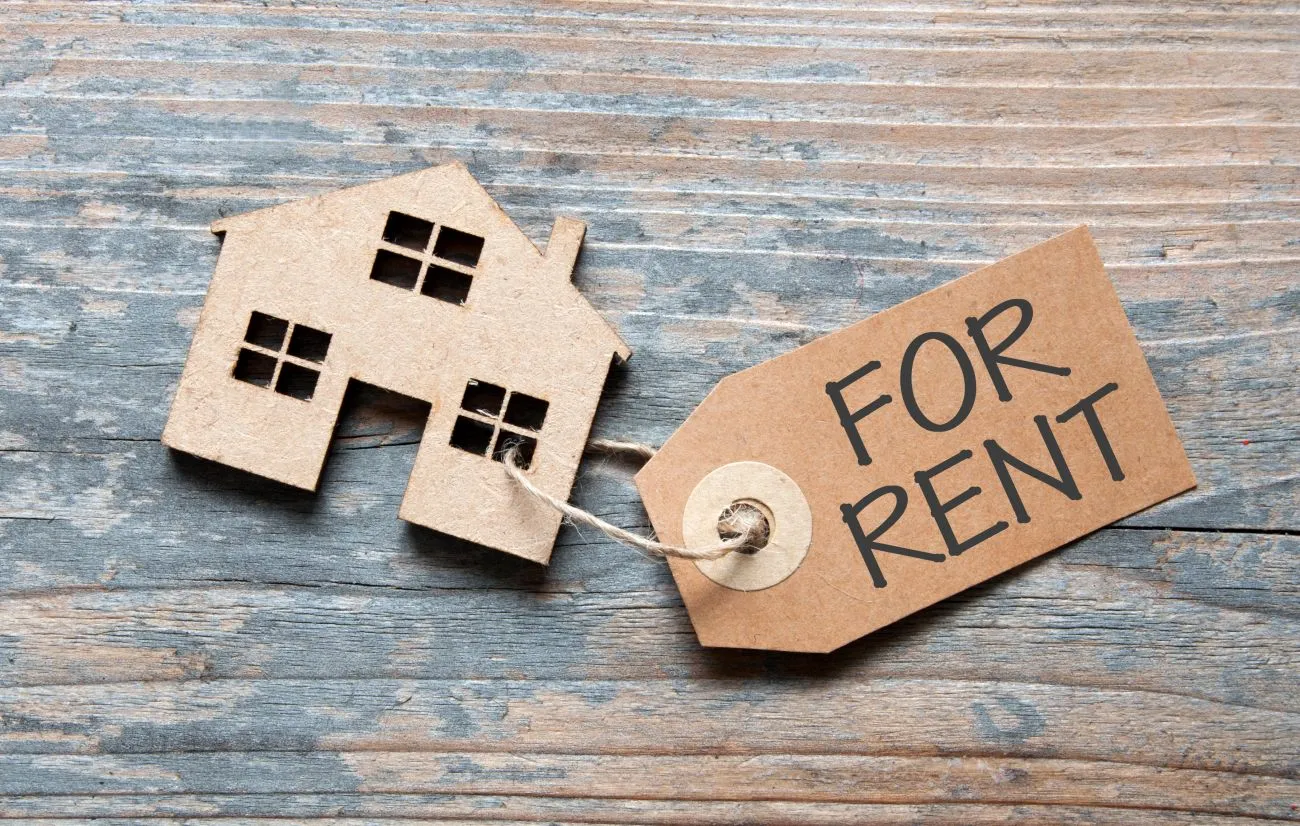Whether you choose to believe it or not, it’s true. Though a lot of retirees lived their working lives as homeowners, more and more are cashing their chips in and choosing to live out their retirement years as renters. It’s also true that the vast majority of retirees own their homes. Roughly 80 percent of people 65 and older own their own homes. However, fixating on those numbers alone fails to tell the whole tale.
For example, the number of renters over the age of 60 saw an increase of 43 percent in the 10 years between 2007 and 2017. That seismic shift is often attributed to economic factors, but part of that growth does stem from the fast-closing gap between the benefits of renting versus owning.
So, why are more retirees becoming renters? Let’s take a look.
Less Home Maintenance
Retirees looking to free up some of their precious weekend time — and disposable income — can do so by selling first and renting second. Homeowners can’t deny that maintaining a home is a time and money sink. Mowing the lawn, shoveling the snow, and cleaning out the eavestroughs gets harder as you age. Now, it’s even harder to find money in the budget to hire a professional to pitch-in.
And those are just the jobs you plan for. You can’t exactly write “leaky basement” in your weekly agenda, but those jobs pop up too. Furthermore, even the handiest among us can’t repair a broken water heater, re-wire a faulty electrical outlet, or fix a leaky roof safely. The average homeowner is advised to budget two percent of the home’s total value on annual maintenance costs versus the zero percent that renters need to budget.
And zero is the far more attractive number.
Closer to Services
Renting isn’t always about downsizing, cashing out, or freeing up more time for socializing. Being able to easily get to the grocery store, pharmacy, dry cleaners, or doctor’s office becomes increasingly important as you age.
With the layout of most modern suburban subdivisions, walking to the grocery store just isn’t at all realistic. That’s not to say that you can’t go ahead and choose to purchase a new home in a more urban locale. Sometimes, scarcity dictates that finding a rental is the only option available.
Lower Monthly Costs
Cutting costs at a time when your income is projected to decrease is sound logic. Although not all retirees are subject to earn less annually, there are some that tend to re-evaluate every line item of their annual budget.
Consider that the average monthly rent for a one-bedroom apartment was $1,098 in 2020, with rent costs decreasing in Texas, Colorado, Hawaii, and nine other states. Conversely, the median mortgage payment in the U.S. in 2018 was $1,556 per month, which is before you even tack on all the peripheral costs that come with owning a home like property taxes and maintenance.
Fixed budget or not, that’s a significant decrease in monthly outgoing cash category.
Age-Friendly Features
Accessibility can mean more than the ease with which you can find a good hamburger. Elevator access, in-suite laundry, ground floor entry, ample parking, or wheelchair ramp access can be critical factors in a retiree’s quality of life and comfort.
Renting provides people with a fresh opportunity to handpick new living arrangements based on this fast-changing stage of their life. An opportunity to leave the stairs behind, say goodbye to those dangerously high cupboards, and sayonara to that walk-in shower can certainly be a welcome one.
Flexibility
Owning a home has a laundry list of pros but the oft-cited drawback is and always will be a lack of flexibility. Selling a home and purchasing a new one just takes so much time. It’s a hurdle to overcome and can make adapting to your ever-changing lifestyle that much more difficult.
Renters don’t have that problem. Moving out of a rental is much more straightforward than selling a home. You may incur a fee, but for the most part, you can just pick up and move whenever and wherever you want. Whether you’re looking to get away from noisy neighbors, move closer to the grandkids, or just because you wanted a better view.
Wrapping Up
Despite the growing list of benefits to renting, the reason most retirees are becoming renters remains a practical one. Simply put, most retired renters weren’t left with much of an option, as their financial situation dictated the necessity of a rental.
A 2016 survey of people between the ages of 55 and 75 with reasonably well-established home equity and investible assets by The American College of Financial Services found that 83 percent planned to stay in their current home for as long as they possibly could.
All that said, a trend has been established. Whether it’s a question of lifestyle flexibility, accessibility to services, lower overall costs, or age-friendly features, more retirees are figuring out that renting offers them significantly more bang for their buck.
